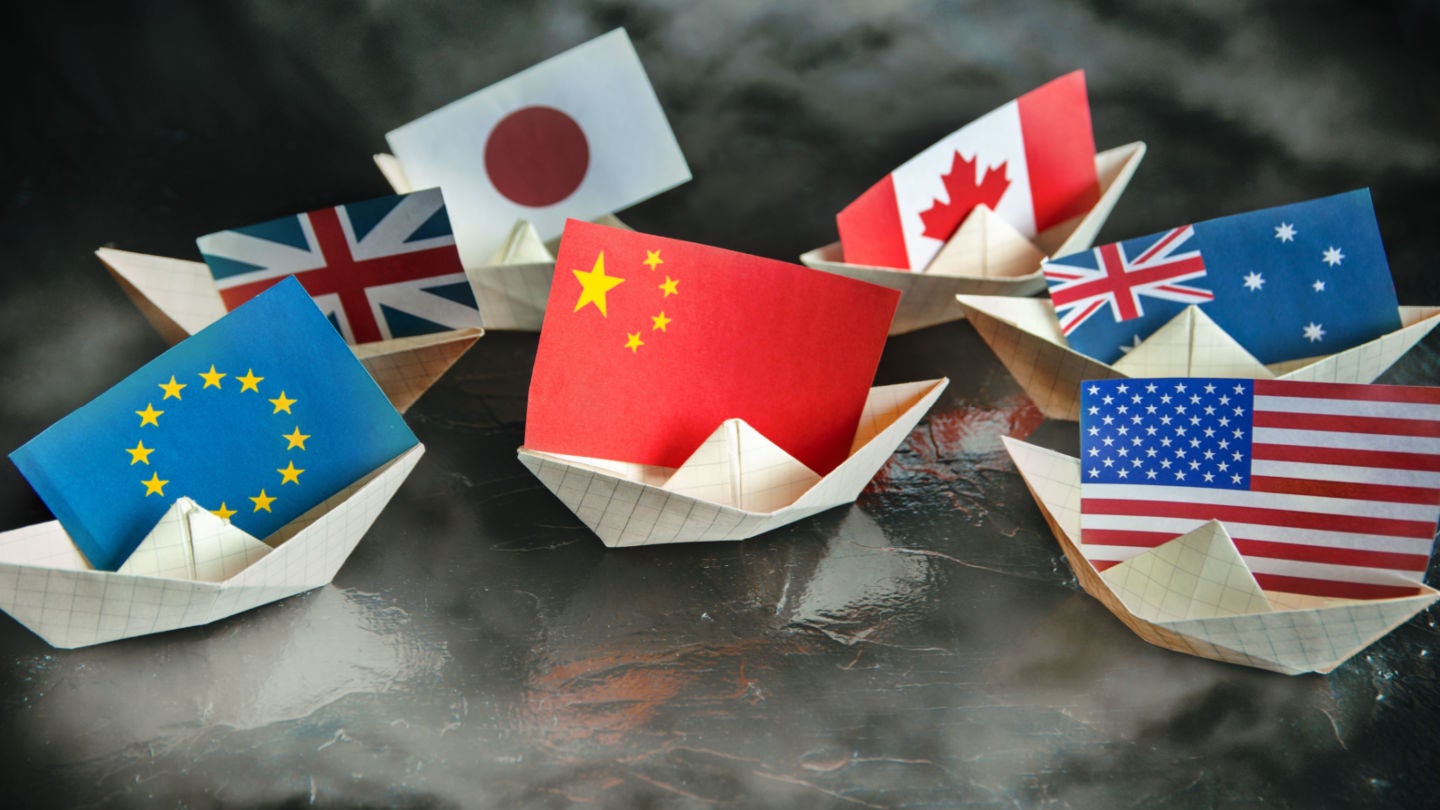
Strangely, many industrial policy problems facing the world today have been hiding in plain sight for some time. Many knew that large parts of the EU depended heavily on Russian gas; few foresaw that it could so easily turn the fortunes of the continent on its head. Many knew that another pandemic was inevitable; few acted in advance to prepare properly. Many knew that China had been subsidizing its emerging tech companies for some time; few suspected that their industrial policy would ever truly enable them to threaten the US and the EU, longstanding champions of liberalized trade.
Free trade and open markets are key tenets of a globalized world. But such a world is severely undermined when countries like China heavily subsidize certain industries. The rise of China has slowly exposed the emperor’s lack of clothes. For some time, China supplied cheap goods to the West, while its low cost of labor kept the inflation of everyday products at bay. Meanwhile, the country has for some time been investing heavily in the technologies of tomorrow. But now tomorrow has arrived, and policymakers are not faced with a rising China, but a risen one. Solar, wind, batteries, AI, and other digitalized technologies are no longer half a decade away. For many of these technologies, China either leads or is a close second to the US.
How China subsidized its way to the top
Take the lithium-ion battery supply chain: Chinese battery makers make up 56% of the global battery market and six of the 10 largest battery makers. Upstream, China now controls 80% of raw material refining, 77% of battery production, and 60% of component production according to Benchmark Mineral Intelligence.
China’s lead on batteries is a result of long-term, state-led strategic planning. China funded domestic EV makers and battery companies before the market even emerged, so now that the EV and battery market is increasing almost exponentially, Chinese companies have a head start on others around the world. In 2001, China included lithium-ion batteries as an area of special government focus. Three years later, the Communist Party of China (CPC) ordered the creation of the Chinese Electric Vehicle Association. In 2009, the CPC created an official plan to make China a global leader in battery electric vehicles and hybrids. A year later, EV subsidies were rolled out for Chinese automakers. Companies across the lithium-ion battery supply chain were given subsidies and tax breaks by local and central governments across this period. This led to the rise of the battery giants CATL and BYD, and their domination of the global battery market. In 2022, CATL’s share price had risen 600% in under two years, and was the world-leading battery maker with a 34% market share.
Batteries, in this example, could be swapped for another technology such as solar panels, wind energy, AI, Internet of Things, and so on, and the story would be similar. How can it be a level-playing field when US and European companies are competing against heavily subsidized Chinese competitors? A level playing field is a broadly achievable goal within the EU market itself, but European companies are competing with firms well beyond their borders (and regulatory control).
Changing attitudes to industrial policy
‘If you can’t beat them, join them’ applies to industrial policy too, it seems. The Biden administration’s Inflation Reduction Act and the CHIPS Act are top-down industrial policies. They are about returning high-tech manufacturing (and manufacturing and mining of geopolitically important technologies such as solar PV and wind, or battery raw materials) to America. And so we have it: the zero-sum domino effect. The first domino was China, followed sometime later by the US, and now falls the EU.

US Tariffs are shifting - will you react or anticipate?
Don’t let policy changes catch you off guard. Stay proactive with real-time data and expert analysis.
By GlobalDataThe problem with subsidizing industry is that the countries with the deepest pockets benefit the most. The US can afford to subsidize green tech industries at two or three times the rate the EU can. Zoom in further and this is not just creating a rift between the US and the EU, but between larger EU countries like France and Germany, and smaller EU states that cannot afford to give huge subsidies to their companies.
Collaboration over competition
US concerns about geopolitics are valid, if a little late. Climate tech is inevitably going to be used as a geopolitical weapon. But the US should consider the original benefit of climate technology: to prevent climate change. If it were to consider this, it would not waste money trying to outcompete Europe, and rather work (and trade) with it. Valdis Dombrovkis, the EU Trade Commissioner, is right when he said that the US and EU should work on “building transatlantic value chains”. The US and the EU ought to agree on which climate tech areas they respectively have a competitive position in, and subsequently seek to further subsidize innovation in those areas.
It comes from a paranoid and greedy US. Paranoid because it is faced with a competitive China, and greedy because the Biden administration seeks to see the sort of economic growth achieved by the Trump administration (albeit in an environmentally friendly way) and recover from the economic hangover from Covid-19 and the war in Ukraine.
In one of his first Presidential speeches, President Biden stated “I want the world to hear today: America is back. America is back. Diplomacy is back at the center of our foreign policy…we will repair our alliances and engage with the world once again, not to meet yesterday’s challenges, but today’s and tomorrow’s.” But the reality is that the Inflation Reduction Act is inward-looking. In fact, it is a climate-friendly America First policy. If it leads to a US-EU trade war on climate technologies, then is not just Europeans and Americans that will be worse off, but the planet too.



